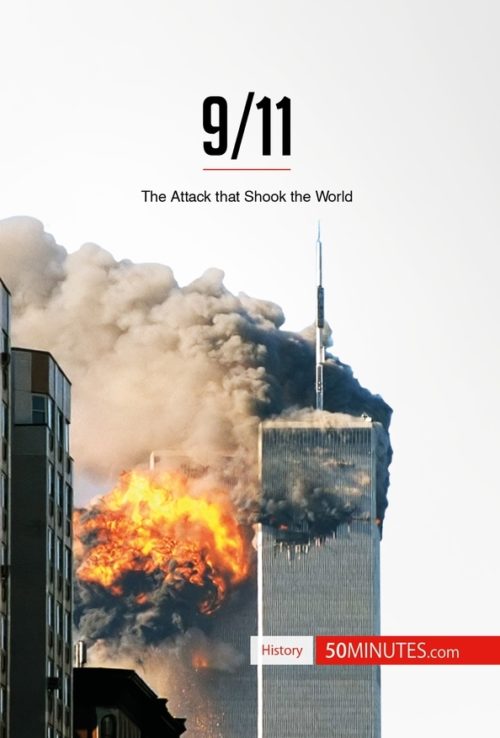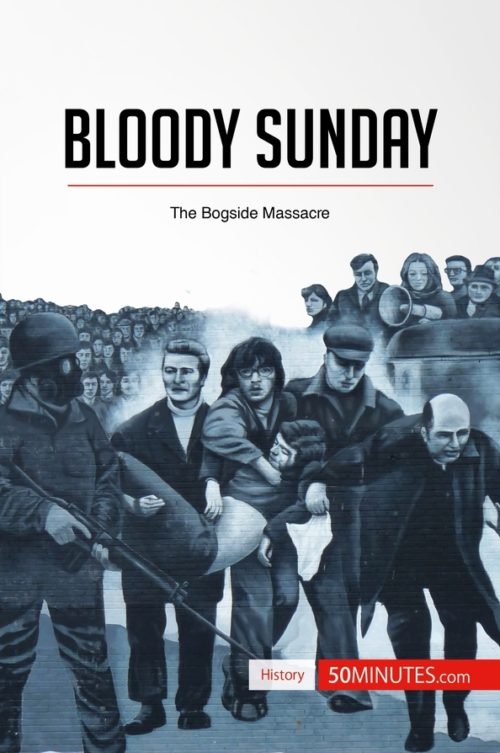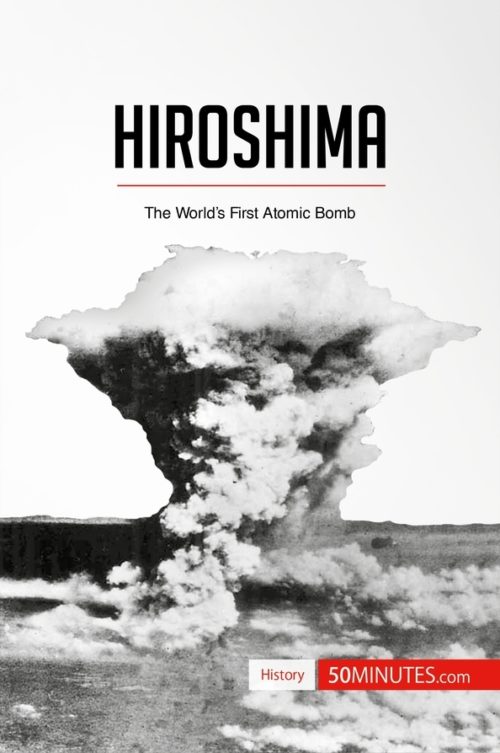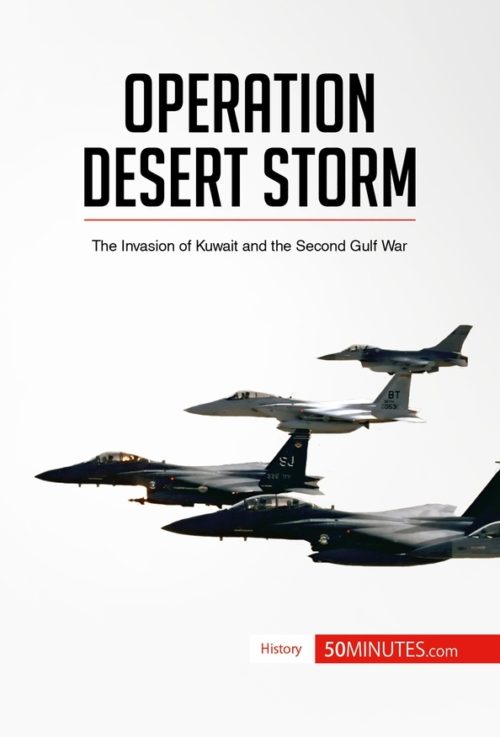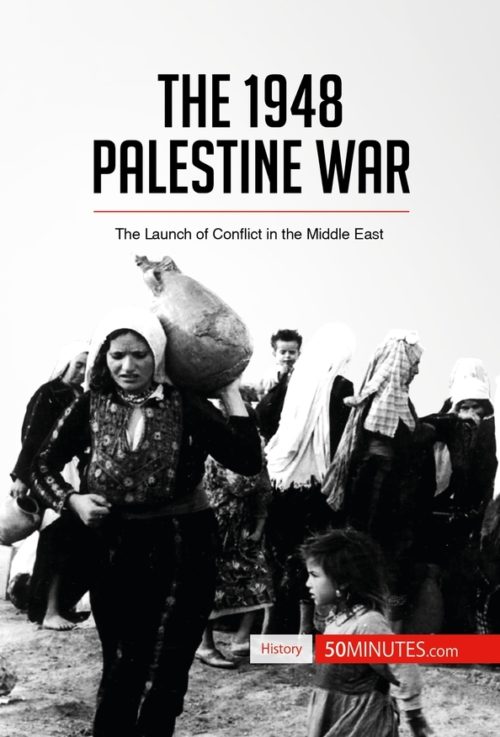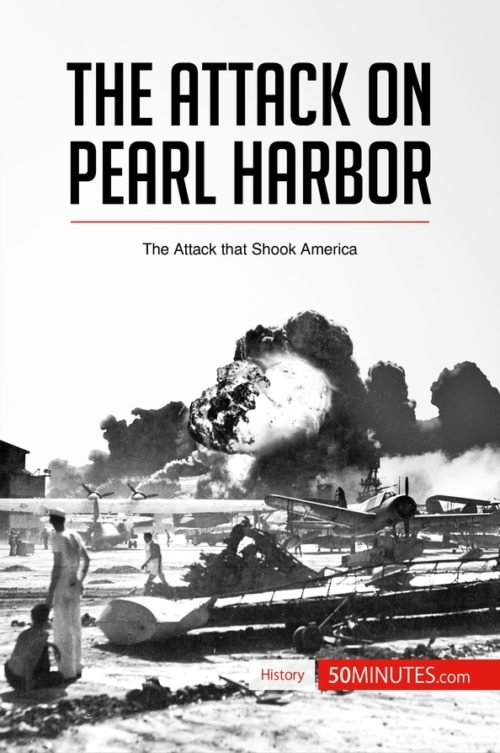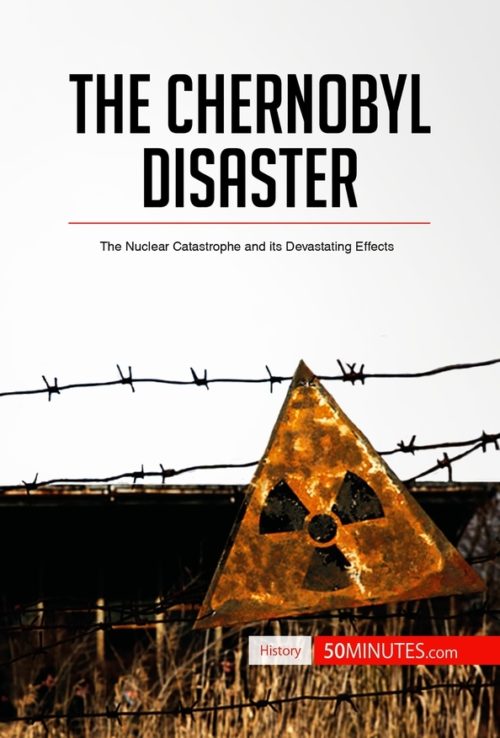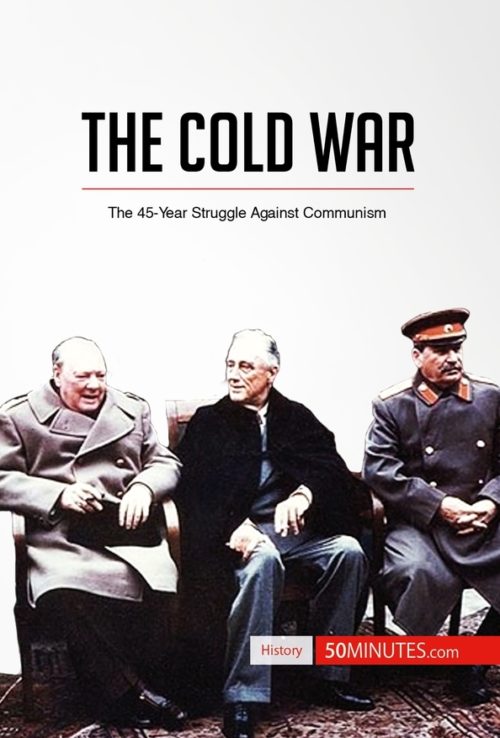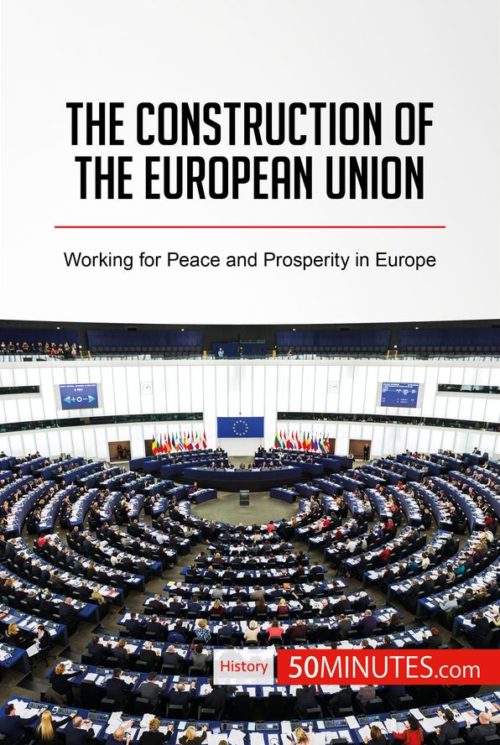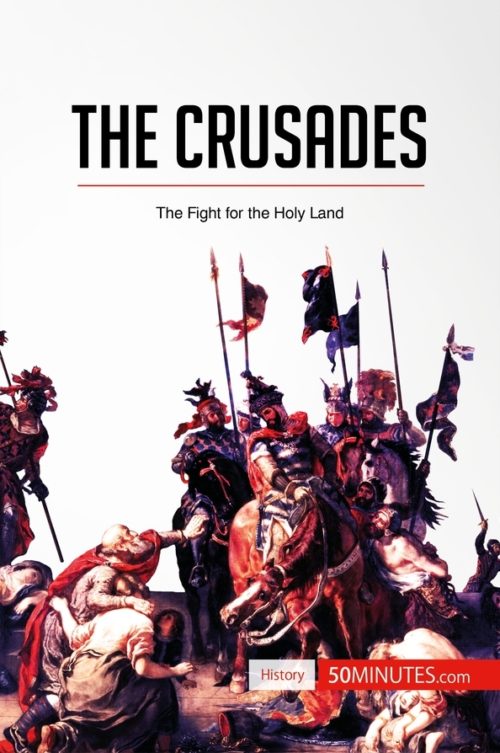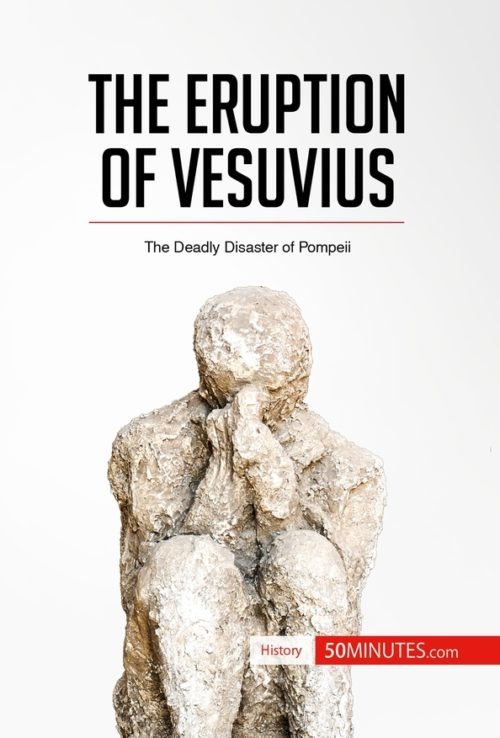On the morning of 11 September 2001, terrorists hijacked four passenger flights and crashed the planes into the Twin Towers, the Pentagon and a field near Shanksville, Pennsylvania (the plane was heading for Washington, but the passengers fought to wrest control from the terrorists), killing almost 3000 people and wounding thousands more. This terrorist attack sent shockwaves around the world...
Read more
-
Apartheid was a system of racial segregation which was maintained in South Africa between 1948 and 1991. It aimed to regulate relationships between whites and non-whites and ensure the domination of the country's white minority. Particularly infamous for the extreme cruelty that black South Africans were made to suffer, the apartheid regime was probably one of the most significant events of the...
Read more -
Bloody Sunday, also known as the Bogside Massacre, was a key event in Irish-British relations and marked the start of what would later be known as the Troubles. During a supposedly peaceful demonstration in Londonderry, Northern Ireland, 13 civilians, the majority of whom were younger than 20 years old, were shot and killed by the British Parachute Regiment. This bloody attack set...
Read more -
On 6 August 1945, the world's first atomic bomb was dropped on the Japanese city of Hiroshima. The second bomb followed days later, hitting Nagasaki on 9 August 1945. The attacks caused the complete destruction of two major Japanese cities, brought about the immediate surrender of Japan and the end of the Second World War, and led to the beginning of the...
Read more -
The invasion of Kuwait, home to one of the largest oilfields in the world, by Saddam Hussein's Iraq in 1990 was the catalyst for the Second Gulf War, which pitted Iraq against an international coalition. In Operation Desert Storm in early 1991, this coalition quickly drove the Iraqi army from Kuwait in the largest Allied mobilization since the Second World...
Read more -
The 1948 Palestine War, known in Hebrew as the War of Independence, is essential for understanding the Arab-Israeli conflict and the political situation in the modern Middle East. It was the first in a long series of conflicts between Jews and Arabs in the region, and tensions between the two groups persist today. Indeed, civil war broke out after the...
Read more -
The Attack on Pearl Harbor on 7 December 1941 is one of the most famous events of the Second World War. Led by the Japanese admiral Isoroku Yamamoto, the offensive caused the USA to join the Allies in their fight against the Germans, the Italians and the Japanese. In just 50 minutes, you will find out how this brutal attack played...
Read more -
On 26 April 1986, the No. 4 reactor of the Chernobyl nuclear plant exploded, becoming the epicenter of a vast radioactive cloud which affected large swathes of Europe. The Chernobyl disaster remains the worst nuclear disaster in history: in the immediate aftermath of the explosion, hundreds of people suffered from acute radiation sickness, and in the decades that followed many...
Read more -
It is impossible to understand modern European history without first understanding the Cold War. Indeed, the tensions between the USA and the USSR, the two great powers to emerge from the Second World War, dominated the second half of the 20th century, resulted in a series of brutal proxy wars and brought the planet to the brink of nuclear war. The clash...
Read more -
The European Union is both one of the most influential and one of the most polarizing supranational bodies in the world. With its own monetary union, the Eurozone, and key rights including free movement throughout the 28 member states for EU citizens, its supporters see it as the most effective means of fostering international cooperation on the continent, while its...
Read more -
The Crusades were a religious, political and miltary conflict between the three great powers of the 11th, 12th and 13th centuries: Catholic Europe, the Muslim world and the Orthodox Byzantine Empire. The birth of Islam had a profound effect on the beginning of the Crusades, as the Muslim faith began to spread to the West and Muslim troops began to invade...
Read more -
In 79 AD, the Italian city of Pompeii was destroyed by the catastrophic eruption of Mount Vesuvius. This remains one of the largest volcanic eruptions in European history, and claimed between 10 000 and 20 000 victims. However, this tragedy has also provided archaeologists and researchers with an incredibly valuable historical source: the ash which covered Pompeii preserved organic matter that...
Read more
